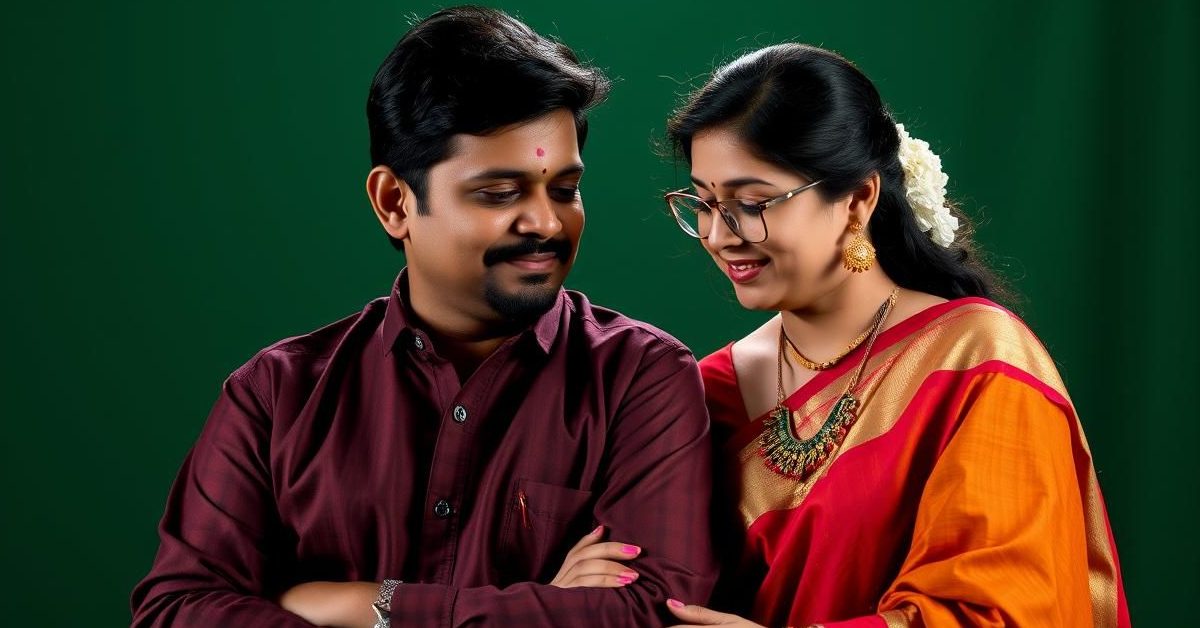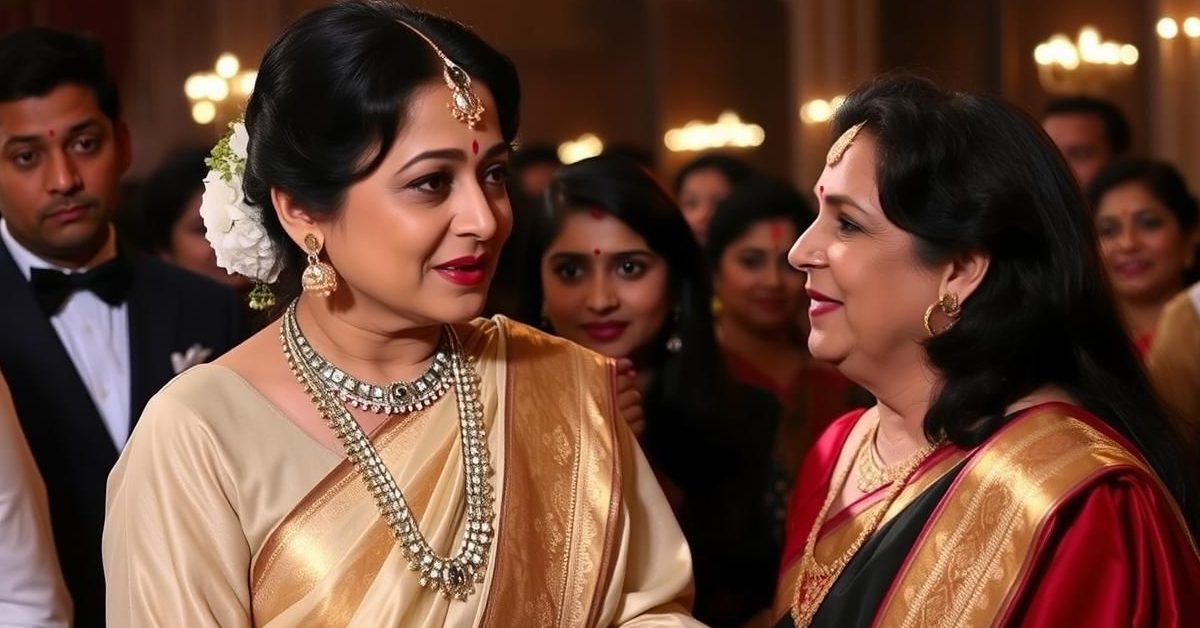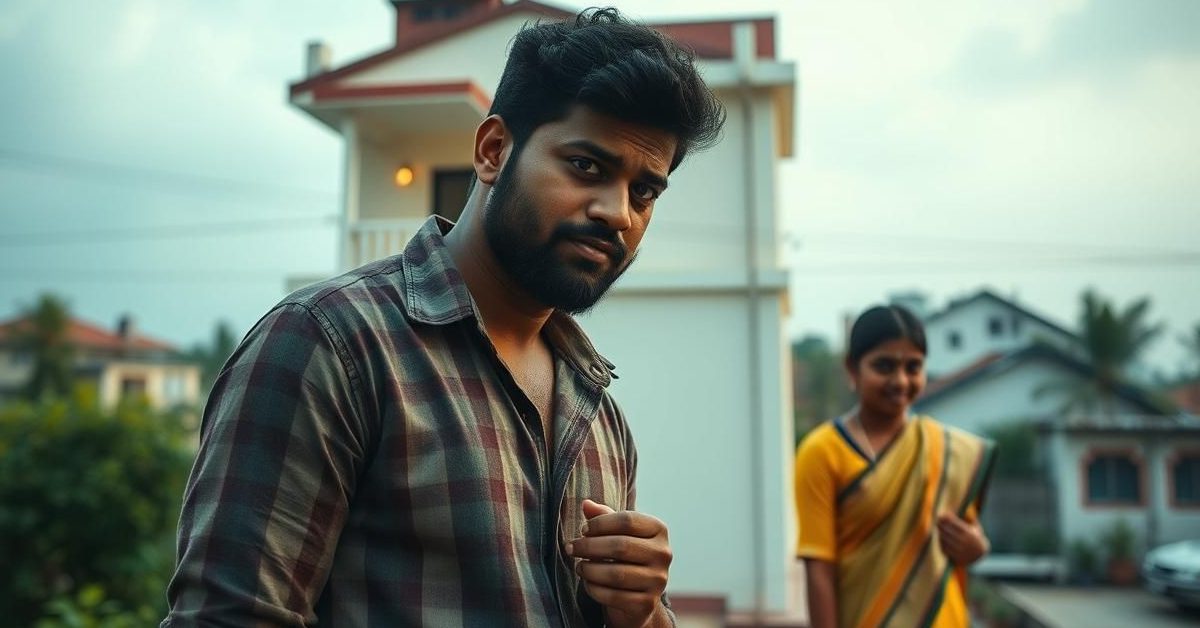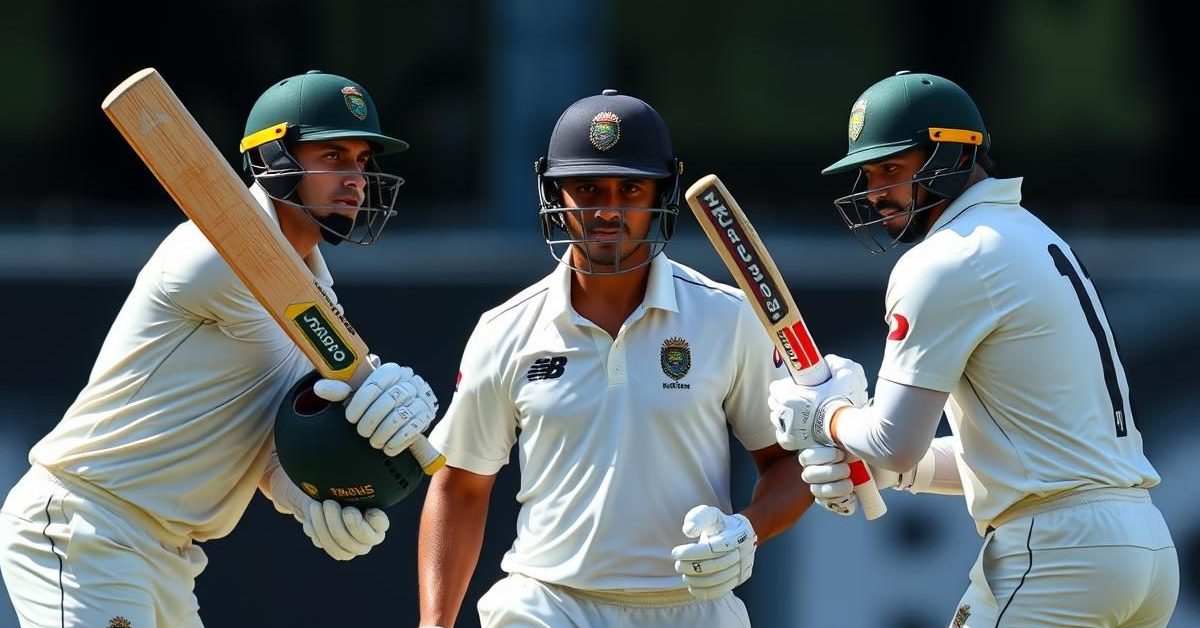In the vibrant tapestry of Indian music, few names command as much reverence as Oscar-winning composer AR Rahman and playback legend Anuradha Paudwal. Despite their immense individual legacies, their joint discography is surprisingly brief, limited to two standout tracks from the 1998 film, *Doli Saja Ke Rakhna*. Yet, these songs, “Kissa Hum Likhenge” and “Pa Jaye Kismat Se Tum Humko Mile Ho,” etched themselves into the hearts of millions, becoming enduring classics.
Recently, in a candid conversation with O2 India, Anuradha Paudwal offered a rare, insightful glimpse into the genius and humility of the musical maestro, sharing observations that paint a truly unique portrait of Rahman’s approach to artistry and mentorship.
The Maestro’s Magnanimity: A Vision Beyond Personal Acclaim
Anuradha Paudwal unequivocally hailed AR Rahman as one of India’s “finest music directors,” a testament to his profound impact on the industry. She articulated a philosophy she observed in him, likening music to a switch that, once flicked, illuminates every corner. This metaphor extended beyond his personal achievements, touching upon his inherent desire for those around him to flourish.
“It is not about only his own work,” she shared, “he wants people around him also to prosper. They should also do well in music.” This collaborative spirit and the genuine ambition for collective growth resonate deeply, showcasing a leader who prioritizes the ecosystem of music over individual glory.
A Teacher Like No Other: The Nuance of Rahman’s Guidance
One particular anecdote from Rahman’s studio deeply impressed Paudwal, revealing his unparalleled teaching methodology. She recounted witnessing a recording session with a very young, talented girl, whose singing was already remarkably expressive and precise. Instead of generic critiques, Rahman offered feedback with an extraordinary level of detail and respect.
“He was telling the girl,” Anuradha recollected, “‘Ma’am aap aisa gaa rahi hain, aur aisa chahiye.’ (Ma’am, you are singing like this, and this is how it should be.) That’s a very big art.” This isn’t merely correction; it’s a precise articulation of vision, enabling the artist to bridge the gap between their current performance and the composer’s exact requirement. This ability to pinpoint and clearly communicate musical nuances, rather than vague dissatisfaction, is a rare and invaluable trait, allowing singers to truly refine their craft.
Nurturing Talent: Rahman’s Hands-On Mentorship
The making of *Doli Saja Ke Rakhna* itself offered another fascinating glimpse into Rahman’s unique ethos. Anuradha Paudwal noted the unusual presence of Srinidhi and Hiral Viradia, who, despite being trained singers themselves, were serving as recordists. This blurred the lines between roles, with a recordist singing alongside her during the session.
“That’s unusual,” Paudwal remarked. “In my entire experience, she was the only recordist who I saw was singing alongside.” When she inquired, the recordist explained her passion for singing, despite not pursuing it professionally. This highlighted Rahman’s meticulous and comprehensive approach to nurturing talent, allowing individuals to contribute in diverse capacities while fostering their innate musical abilities. “He nurtures everyone so painstakingly,” she added, wishing more people understood this facet of his personality.
This dedication extends to his music school, where students emerge with an exceptional level of preparedness, a testament to the rigorous and holistic training they receive under his guidance.
The Humble Genius: “Chotta School Ka Bacha”
Perhaps the most endearing description offered by Anuradha Paudwal was her comparison of Rahman to “ek chotta innocent school ke bachche ki tarah” (like a small, innocent school child), despite his towering international achievements and global recognition, including an Oscar.
She elaborated on his profound humility: “Very down to earth, no hanky panky or manipulation. He is very simple, which is so rare.” This unpretentious nature, this unwavering simplicity, shines through in his compositions, forming an immediate and powerful connection with the general public. It is this authentic, grounded essence that makes his music resonate universally, transcending cultural and linguistic barriers.














